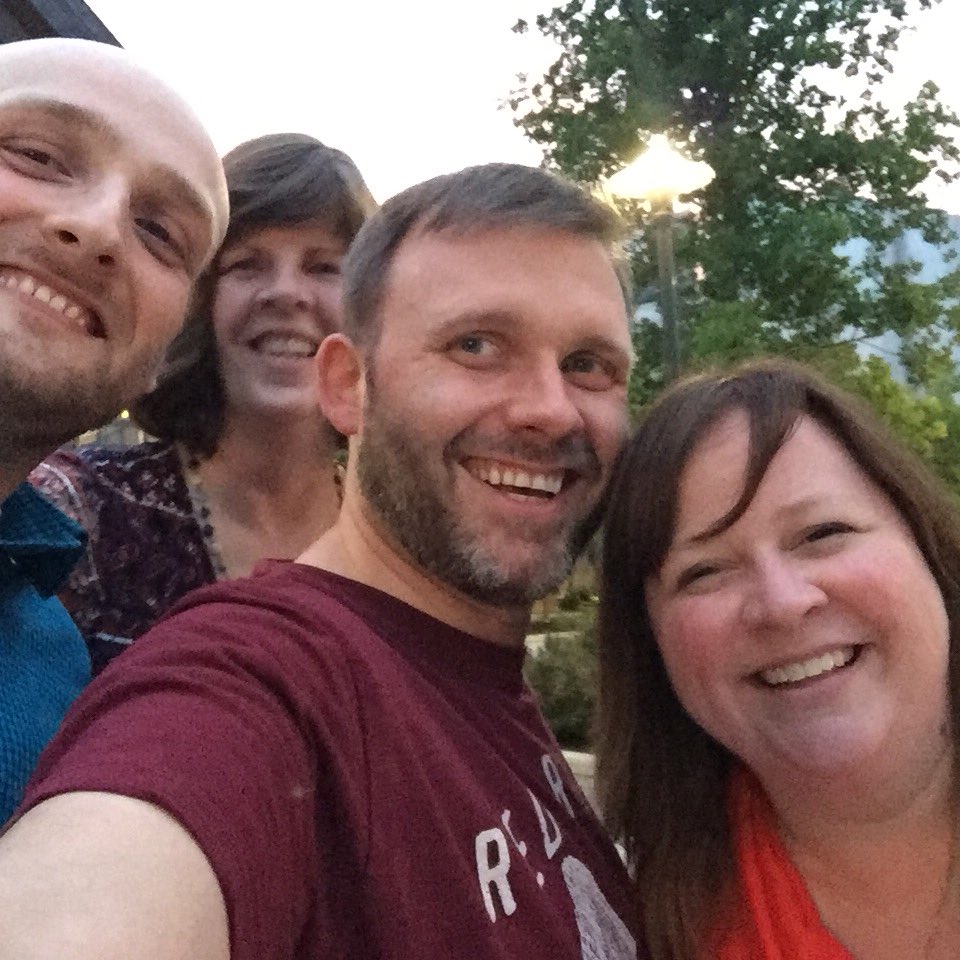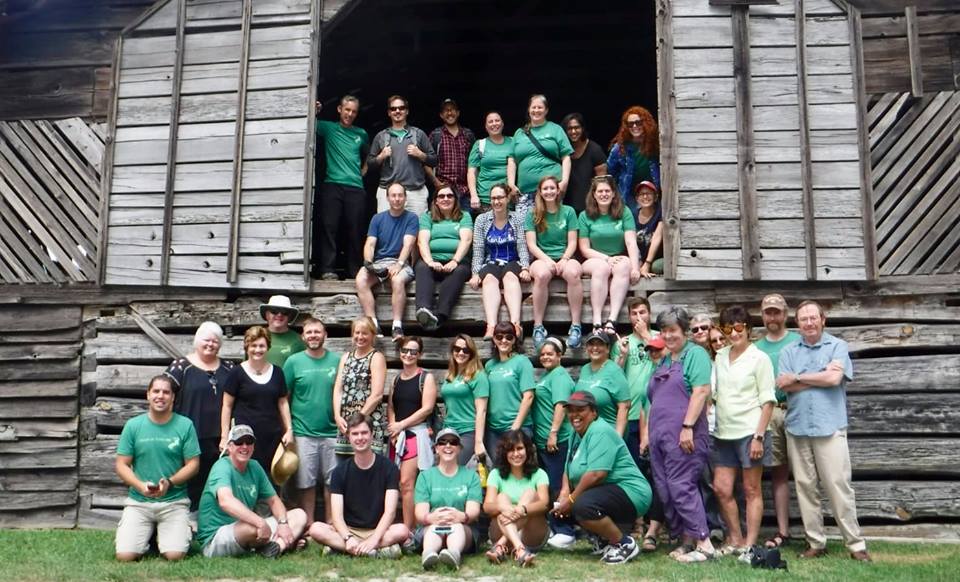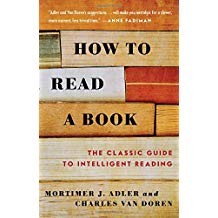A new school year is almost here, and many educators are feeling two persistent emotions: excitement and anxiety. Obviously, these two feelings are closely related, but what distinguishes them from one another is the focus of our thoughts. If we focus upon creating, inspiring, connecting, learning and discovering, excitement infuses everything we do moving into a new year. If we dwell on challenges, mistakes, fears, dread, and drudgery, we certainly find ourselves in bad mental spaces.
The truth is, regardless of your role, a new school year will be a whirlpool of successes and challenges. How you steer your mental energy makes a big difference in the tone you set for the year.
Summers are when I refill my cup. It’s when I find inspiration for new ideas, content, and strategies I want to implement in the coming year. Here are some ways to ignite your professional fire before (or during) the school year.
Grab Dinner with Other Educators
Food and good company have a way of lifting our spirits, and some of our fondest memories in life are from tales told around a table full of delicious food and drink. I had a great experience earlier this summer when my friend and fellow educator Jamie Frye came to town. He was presenting with a few other educators (Kelly Withers and Sally Davis) at a leadership conference, and he invited me to dinner with them. What was really great about the dinner was the fact that all of us had different jobs and worked in different regions of the state. The conversation pushed my thinking on long ”cherished beliefs” about the roles of administrators and coaches, the way schools are funded, and the potential of physical learning spaces. I left with new visions for what could be possible for students, teachers, and schools. That can be powerful.

So, consider dining with a few colleagues this summer. Even better, find a way to meet up with educators who work in a different school or setting. Perhaps you could reach out to a few Twitter contacts who live near you, advertise a local #CoffeeEDU in your area, or start an educator Meetup group. Discussing diverse perspectives in a fun and relaxed setting can lead to professional learning that you never expected.
Explore your Place
One big shift I’ve had this summer is a renewed interest in place-based teaching. I was fortunate to have participated in an NEH Institute in my hometown, Asheville, NC. The institute focused on the power of place in Appalachia. We studied place-based music, science, history, literature, and mathematics, and we also went on multiple field trips.

I planned lessons integrating place-based content during the institute, and I want to incorporate place as often as possible in my instructional coaching next year. Many students don’t know much about the places where they live, or they may view their place in a negative light. Making place something worth studying can unlock new awareness and insights, which can lead students to better appreciate their place -- or possibly result in a call to be active participants in improving their place.
Although an institute is a wonderful way to get to know more about your place, there are some other ways. Pay attention to your local newspaper or television news. Find an author from your area, and try out one of his or her books. Drive through an unfamiliar part of town. Volunteer at a community space or nonprofit. Get outside and observe your surroundings. My son and I have been using the Kids in Parks program to find educational hikes, and we’ve learned much about the plant and animal life in our region. Curiosity about place can invigorate our teaching, leading, and learning! Plus, engaging with nature and your community is good for your health.
Read the “Old School” Way
So, of course, many of us read during the summer...after all, you are reading this post right now. However, when I’m trying to revitalize my mind and energy, I find that reading deeply is better than reading widely. Books fill this need much better than daily social media posts (although, to be honest, I still read a lot of those too).
Reading any kind of book can inspire your work, as reading is proven to have many intellectual and emotional benefits. I most like reading professional books to find inspiration, and this summer, I’ve been trying something new. In addition to the newest books out there (Creating a Culture of Reflective Practice is great, by the way), I am diving deep into some educational classics. Modern times present us with numerous passing fads, so it can be comforting to see the qualities of excellent education that endure over the years.

With a goal to refine my Paideia practices, I have been reading Mortimer Adler lately. The Paideia Proposal: An Educational Manifesto presents an approach to inquiry and discussion-based learning that still feels relevant, while also taking a refreshing bipartisan stance towards how schools should function (at least according to today’s standards). I’m now reading How to Read a Book: The Classic Guide to Intelligent Reading, which correlates with much of what we discuss when we talk about disciplinary reading and close reading today! Reading enduring educational works helps me tap into the long line of those who improved our professional field, while inspiring me to continue that legacy in modern ways.
Committing to Discovery
You may notice that all three of the activities are focused on discovery. What new idea might come up in a dinner with colleagues? How might our place contribute to students’ learning? What can be “re-discovered” by reading enduring educational works? Commitment to discovery makes the learning process intriguing, exciting, and valuable. Isn’t that the type of learning we want for our students? Remind yourself of that feeling this summer (and afterwards), and it will carry over to your work with students this year.
Kenny McKee is a high school literacy coach in the Buncombe County Schools system in Asheville, North Carolina.
No comments:
Post a Comment